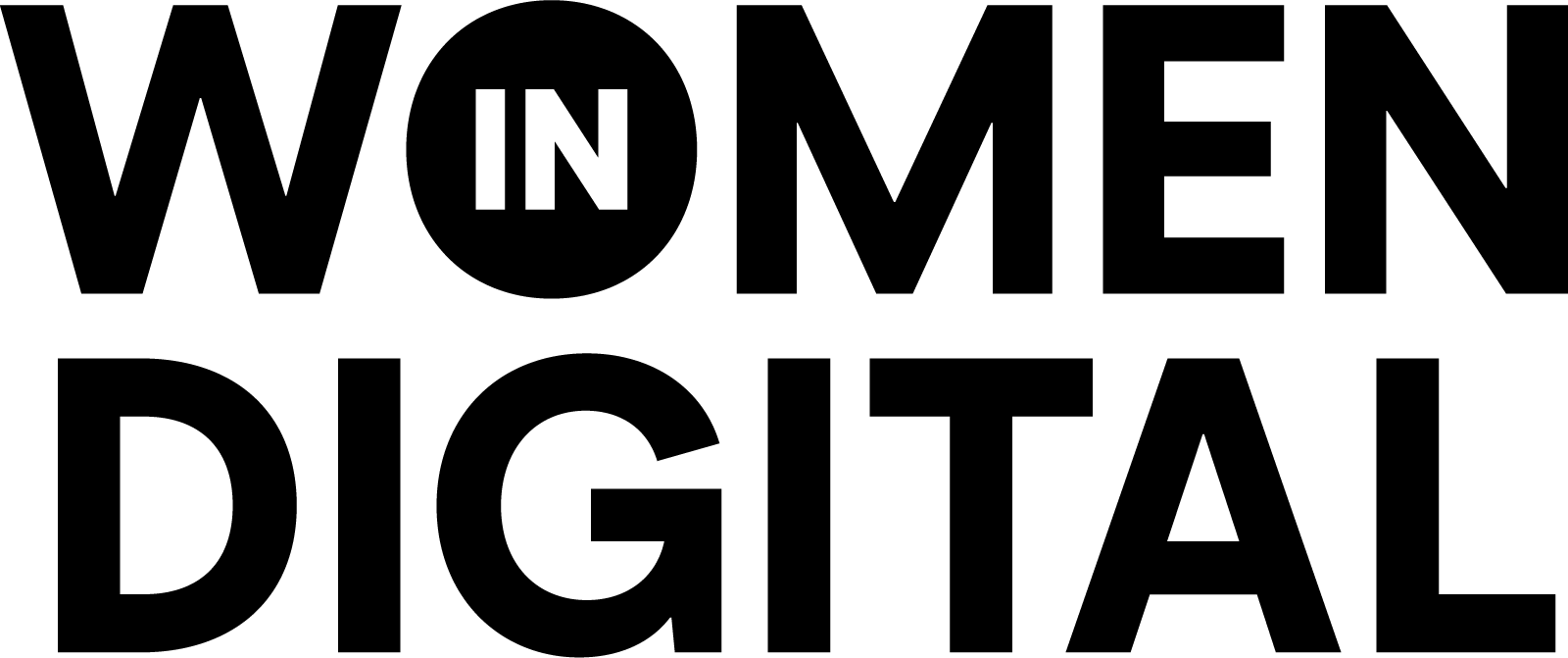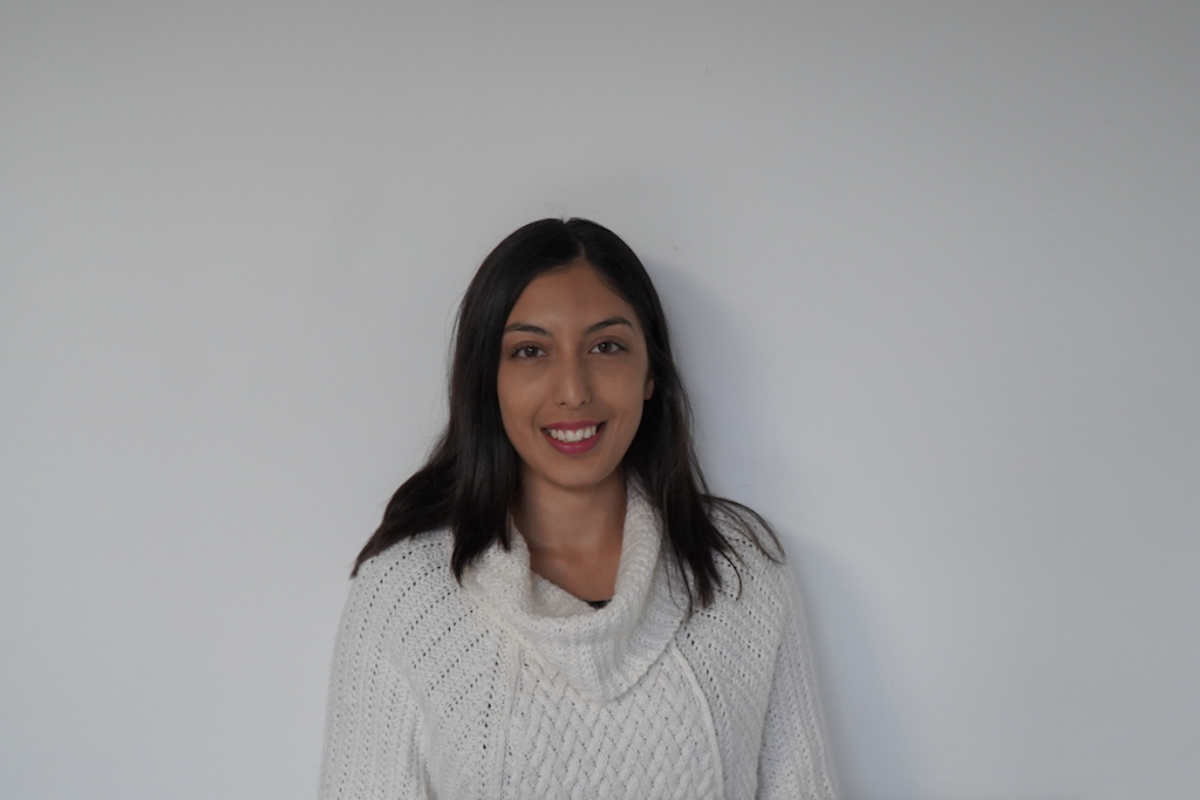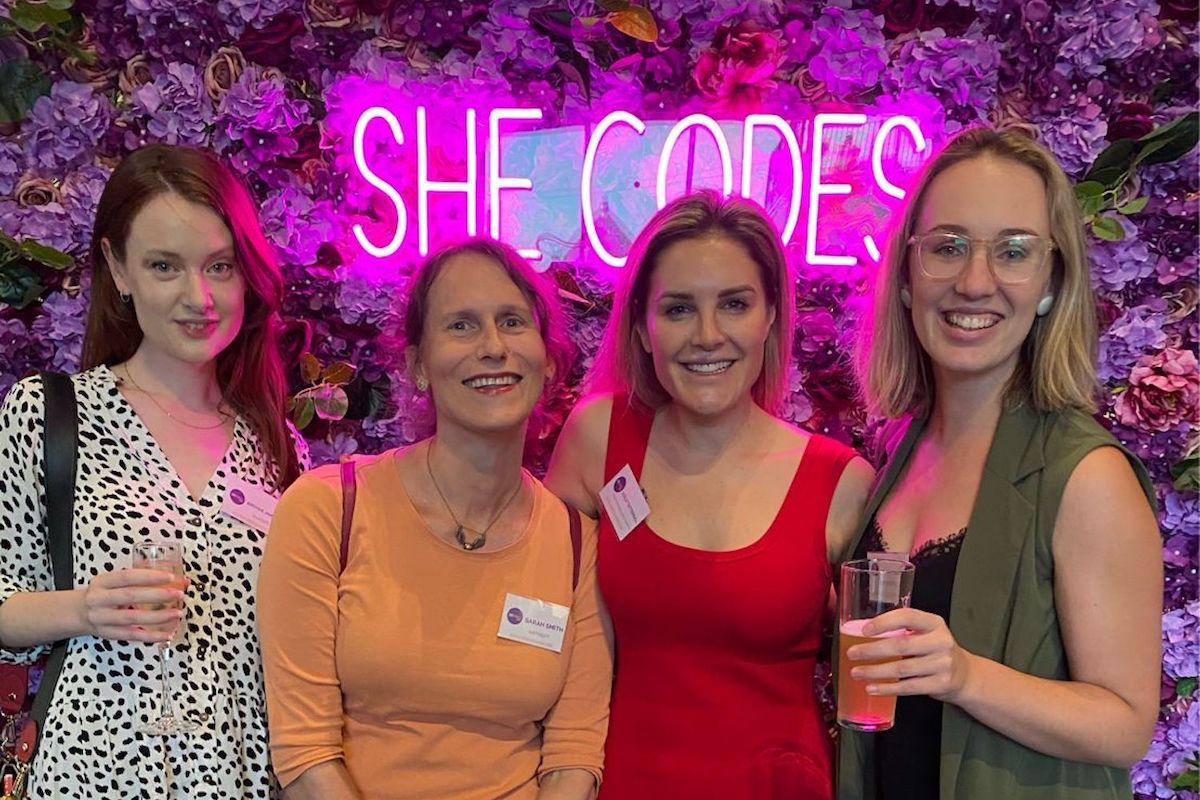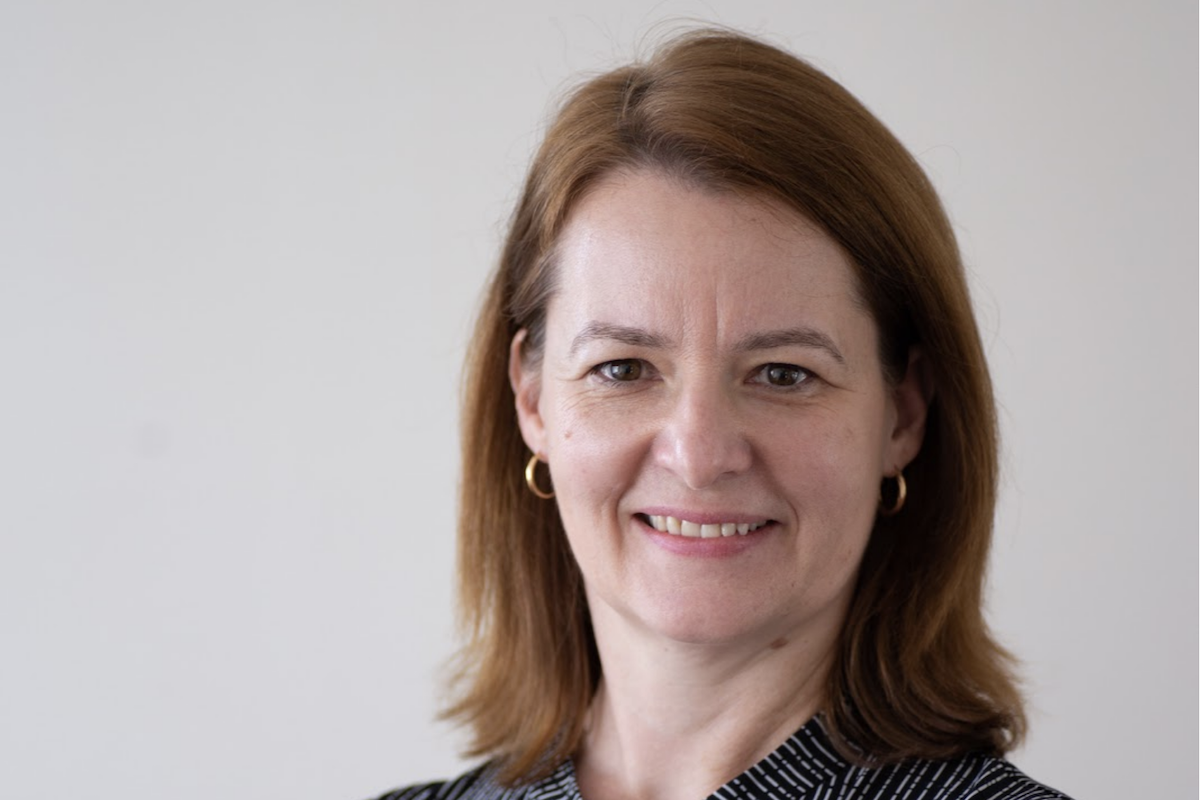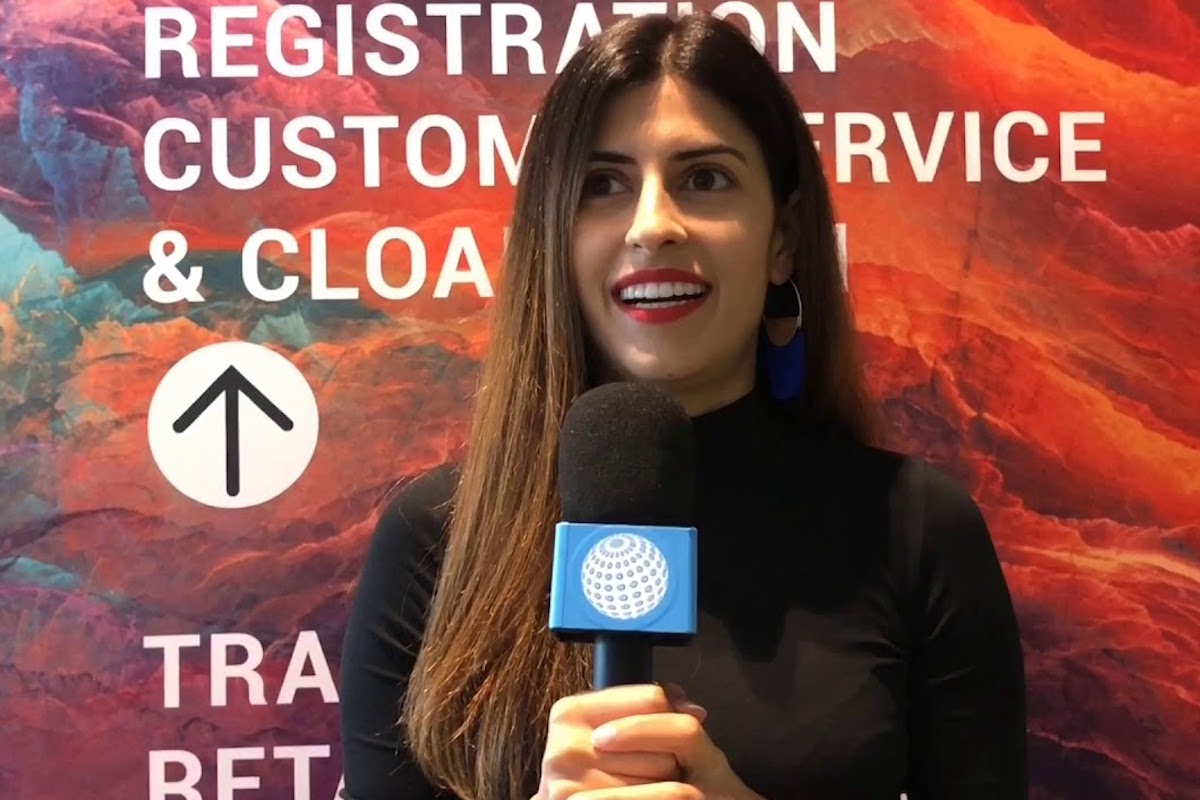At Women in Digital, we are fierce advocates for connecting, educating, and empowering women to give them the skills and support they need to thrive in the tech industry. We are very lucky to not be alone in this mission and another great organisation trying to build up women (and software) is She Codes. We were beyond ecstatic to be able to attend their She Codes Plus Brisbane Showcase last month. Keep reading to learn a little more about She Codes and some of our key takeaways from the night.
Facts are facts. Despite national conversations about diversity in tech, women are still largely misrepresented in the tech industry. According to ARN, only a fifth of Australia’s IT graduates are women! While yes, diversity statistics are slowly improving, clearly, there is still a long way to go and this is why we love to support organisations such as She Codes.
In late 2020, we had the incredible opportunity to attend the She Codes Plus Showcase at Lightspace in Brisbane. If you haven’t heard of She Codes, you’re missing out! She Codes is on a mission to teach women coding skills, get women into technical careers, and build communities of like-minded women. Their vision is to increase diversity in tech by inspiring 100,000 women across Australia by 2025 and this is absolutely something we at Women in Digital can get behind.



Run in partnership with BHP, the She Codes Plus program is a six-month part-time course that focuses on supercharging the tech careers of women. This showcase was an opportunity to celebrate their achievement, share their portfolios and connect them with other professionals in tech including recruiters, hiring managers and potential industry mentors.
We were thrilled to attend this fantastic event and celebrate the 2020 graduating class. We were equaly excited to listen to a range of fabulous panellists including Sammy Herbert, Peta Ellis, Emily Taylor, Rene Chappel and Sorcha Abel (who was also the 2020 Women in Digital Awards Technical Leader of the Year – go Sorcha! See all our winners here). These women are five powerhouse leaders with an accumulative 78 years in the industry (woah!). They are also key role models for young women in tech. If there’s anything we’ve learned at Women in Digital, it’s that ‘you can’t be what you can see’ which is why showcasing these role models in this industry are so important.
Here are our key takeaways from the SheCodes panel discussion…
Connect with your network around you
You might have heard the saying that ‘your network is your net worth’ and it’s true! Although it may not be your all-time favourite activity, I think we can all agree that networking is a key skill for any professional. Building a network filled with strong, quality relationships is just as important. So if you find yourself wanting to level-up your networking game, start small and try ‘nudging’ one person a day. Watch over time as good things happen!
Be okay with not knowing all the answers
As much as we wish we could be experts in everything, that is never going to be a realistic goal. But that’s okay. This is your opportunity to ask questions, collaborate with others and build connections with other professionals in areas you may be unfamiliar with. However, if this is not your vibe, another way you can learn is by simply throwing yourself in the deep-end! What better way to learn than through experience?
Value your experience
Your experience is unique to you and to be honest, it is more than a lot of people have! Though many people follow similar career paths, it is highly unlikely your pathway is identical to any other individual and you, therefore, you have different (and meaningful) insights to bring to the table. So make your experience and career journey be your unique point of difference and flaunt it!
Find a mentor to support you through the journey
This all goes back to the importance of your network. Finding a mentor to guide you or simply offer advice throughout your career plays a key role in your network. Whether that’s a former teacher, past employer, or maybe someone you have looked up to in your industry, it’s always worth reaching out. Most people are more than happy to provide some form of mentorship and share their experiences with you.
Appreciate it’s not going to be amazing immediately – it’s a journey
The idea of a linear career is long gone. Hey, we’re not saying that you won’t thrive immediately at the beginning of your career journey (some people do!). But in the 21st century, most people will find that their career pathways become ‘squiggly’ rather than straightforward. This means it is important to accept and embrace that there is more than one way to achieve what you want in your career. You can read our insights from the Women in Digital Squiggly Careers Panel here.
Imposter syndrome is something we hear a lot of women in digital struggle with and a narrative we desperately want to change! Here are the She Codes Showcase panel’s top tips on beating imposter syndrome:
Go to meetups – once you’re there, doors will open
Can you tell we love networking? Guilty as charged! But we can’t stress this enough and neither could the SheCodes panel… whatever your experience or background, it is so important for women in digital to take opportunities to connect with others in your industry. If a door opens, assume inclusion, (don’t talk yourself out of it) and walk right through. You never know what might happen! Especially in the tech space, there are more and more networking and professional development events popping up for you to enjoy. We recommend challenging yourself to attend at least one event a month and bringing a friend to back you up if you’re nervous.
Personify your negative persona and tell it to go away
No one likes a ‘negative Nancy’. If you take anything away from this blog, let it be this! A lot of people have a nagging voice in their head that feeds on and metastases any feelings of inadequacy and failure. Does this sound like you? Go ahead and visualise this voice as a personification of your negativity. Name it, picture it, and every time you catch [insert name of inner critique here] being a voice of irrational negativity, just tell it to bug off! Don’t be your own worst enemy!
Go to your crew to gas you up
We are all social creatures. Whether you’re an introvert or extrovert, we naturally crave communication in some capacity (some more than others, of course). This is why finding your work crew may very well be the secret to both personal and collective success. If you need a boost after a rough day or just need some general motivation, connect with your crew and have them refuel your drive – sometimes you just need to let someone else be your cheerleader (we all know you are always being a cheerleader for someone!)
Verbalising the issue
If you’re a ‘fake it til you make it’ type of person and this works for you, then go for it. But truthfully, a lot of people struggle with nerves and it’s 100% okay to 1. Feel that way and 2. Verbalise that you feel that way. Remember, your coworkers, employers, and employees are human too. Most likely, they will appreciate your honesty and be able to sympathise. Plus, sometimes it can be a great ice breaker to verbalise your nerves.
Stop looking up at the things to do, look back at all the things you have done
My guess is that a lot of people reading this are looking forward to opportunities to level-up in their career. That’s great! You’re probably ambitious and hungry to succeed and we can’t fault that. But every now and again, it’s important to also look back at things you have done, take time to reflect and appreciate your accomplishments along the way. You earned it!
You should only be comparing yourself to you
Too many people fall into the trap of comparing themselves to others. It’s an easy thing to do and we have all done it at least once (or more 😂) in our lives but as soon as you stop that, the better off you will be and likely happier in general. There’s always someone who you think knows better when reality is, someone is thinking that about you in the same way! So next time, keep that in mind. Your career journey is YOUR journey. Keep doing you and go after what YOU want!
Final Top Tips:
- Keep learning – It’s okay not to know everything. Google is your friend and so are industry workshops!
- Find your tribe – Who are those special people in your life that will support you and your career no matter what?
- Go and pitch yourself to someone else – Take a chance and put yourself out there! If nothing else, it will become a fantastic opportunity for feedback and confidence building.
- Stay mainstream and don’t specialise too early – ‘Early specialisers’ may find themselves disadvantaged because they have boxed themselves into a corner in the ever-changing modern tech world. Broad experience is key for long-term success so learn as much as you can before deep diving into one specialisation.
A huge thank you to BHP, Amazon Web Services and BDO for sponsoring these amazing community events/ initiatives. Make sure you follow She Codes on LinkedIn to stay up to date on any upcoming events and workshops!
If you yourself are looking to hire some tech superstars, seeking your next opportunity, or wanting to partner with us to support diversity in digital, get in touch! We would love to connect with you. Follow us Facebook, Instagram and Linkedin!
